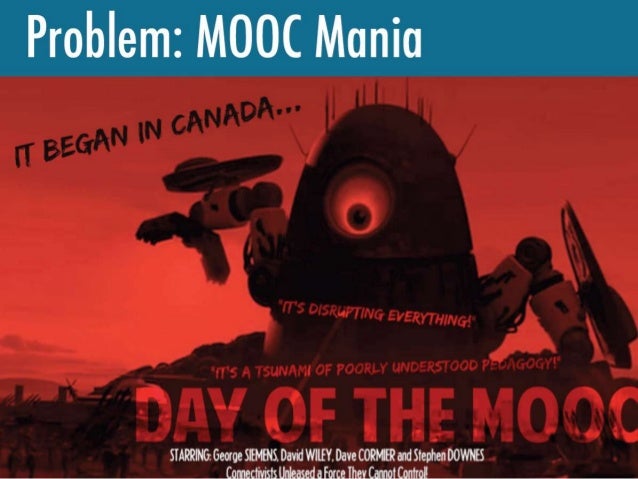http://hackeducation.com/2012/11/21/top-ed-tech-trends-of-2012-maker-movement/
Hmm. This criticism is super-concerning to me, because I've heard a lot of similar sentiment (fully kitted / canned labs) from friends of mine (e.g. from hall alum feldmeier, founder of openmusiclabs (hackaday)) I respect.
Maybe this is true. On the other hand, I can't count the number of people I've had approach me or MITERS who are interested in making things but not quite enough and seem to just need a little guidance. Similarly, for myself, I found it useful to build something cool/awesome in order to learn the skills (not just technical skills, but also skills like how to find resources online, finding the courage to ask questions, how to ask questions coherently... okay still working on that last one) I needed to go forth and build my own cool projects. For learning, there's no shame in copying as long as you credit your sources. No need to reinvent the wheel just yet.
[edit: 3/24/13] After talking a bit with +Josh Gordonson (blog / working on olopede), I have some further thoughts:
"Just do it." So what. So it's not a kit that empowers people to build everything ever. So what if by its very nature the kit is rather formulaic. There is still value in exposing people to cool things and showing people they're capable of building and understanding these things. So maybe it's not the most innovative / experimental online learning platform out there (right now I'm planning on following the learning creative learning's path of not writing my own platform and really on tools existing out there). And even if I fail (to make a sustainable business), I will still have accomplished something useful to other people and to myself. Better than sitting here and fretting -- even if I fail, less of a waste of time to have attempted to engineer this than to constantly research.
http://www.hackeducation.com/2011/07/19/the-wrath-against-khan-why-some-educators-are-questioning-khan-academy/
What troubles me about many of the criticisms of Khan Academy is that they are positioned against alternatives that are relatively scarce in the real world. Are Khan's videos essentially lectures? Sure. But they're better lectures than many students will ever get from their classroom teachers. Are there more effective ways of teaching some students? Sure. But many students (many, many, many students worldwide) will never have access to those teaching methods at any price, never mind for free. --Michael FeldsteinI've been working in a public classroom for one of my classes, and teaching is hard. More on that in later posts, but doing things like asking kids "what do you think that is" (engaging them) versus "this is what's going on" (lecturing them) is something that takes effort. Is this something that is transferable to the online world (because currently I only have udacity-style in mind, which is basically lecture based with "finger questions," mid-lecture questions that check understanding and you raise your finger to show your asnwer)? Does it matter if you don't have 30 kids compelled to be there and instead are addressing self-directed learner? Not sure.
I'm learning toward KISS -- keep it stupidly simple. Do a bare-minimum, replica of existing work just cobbled together, for Aug 31. Hopefully that will give me enough momentum / convince people to help me to make it seem definitive that I can do this instead of landing a job.
Also, such an excellent image from that article:
 |
| obama marshmellow canon |
Also, today I talked to Prof. Mitch Resnick when Dale Stephens (Uncollege) came to give a talk at the media lab. More about that later too! Briefly, there were some provocative comments, such as
- "If/When will an unschooler ever get a Nobel Prize in Science, and how do we get there?"
- And I asked the same question mentioned earlier by another blog: where do we stand, university's value to students versus university's value to society? (university as public good)
- Education becoming like a game, with loopholes, for premed and finance students
- and a key thought that was surprising to me back when I first heard of it: common core (more rigid curricula) as a detriment to self-motivated learning. This is because the teachers don't have time to be flexible and accommodate things, for instance some people from Harvard/MIT/Wellesley coming in and teaching about engineering and the design process.
Also, LOL, a comic about the increasing frenzy surrounding Massive Open Online Courses:
 |
| http://info.p2pu.org/2013/03/16/open-learning-webinar-the-proof/ |
No comments:
Post a Comment